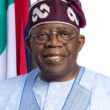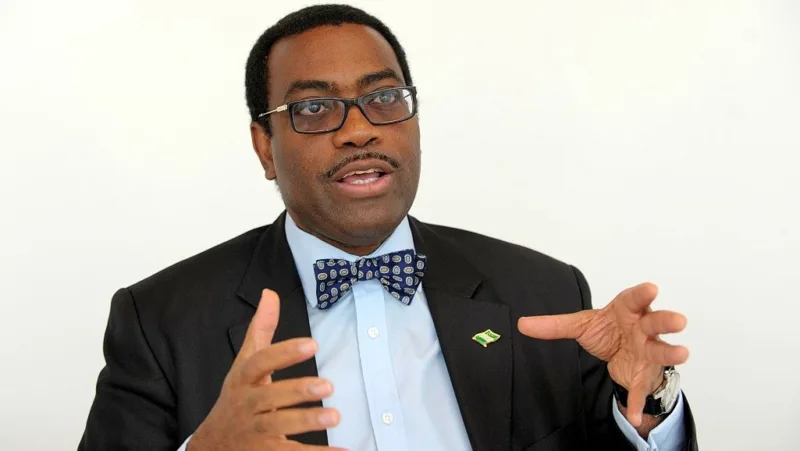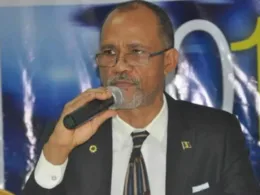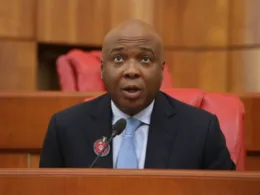Akinwumi Adesina, the President of the African Development Bank, has shed light on Africa’s significant reliance on imported medicines, stating that the continent imports between 70 per cent and 80 per cent of its medicines. Adesina made this revelation during the reception of the prestigious Awolowo Prize for Leadership in Lagos, where he also delivered the annual lecture for the Awolowo Foundation on ‘Making a New Nigeria: Welfarist Policies and People-Centred Development.’
During his speech, Adesina highlighted the challenges faced by Africa, particularly in the context of the COVID-19 pandemic. He emphasized how the pandemic caught the continent unprepared and unprotected, leaving it at the bottom of the ladder when it came to vaccine distribution. Adesina also pointed out the significant economic impact of health issues on Africa, noting that the continent suffers an annual loss of $2.6 trillion due to reduced productivity resulting from illnesses and diseases.
“Africa loses today, $2.6tn in lack of productivity, due to sicknesses and diseases,” stated Adesina, underscoring the urgency of addressing Africa’s health challenges. To tackle these issues, Adesina outlined several initiatives introduced by the African Development Bank Group. These initiatives include a $10 billion facility aimed at assisting countries in managing the pandemic, a $3 billion program focused on revitalizing Africa’s pharmaceutical industries, and the establishment of the African Pharmaceutical Technology Foundation to support access to proprietary technologies from global pharmaceutical companies.
Adesina also called on Nigeria to prioritize the health of its population, stressing the importance of providing universal basic health coverage for all citizens. He emphasized the need for Nigeria to ensure that healthcare facilities are easily accessible, with no citizen having to travel long distances to find a healthcare center. Adesina proposed the widespread use of mobile health centers, e-health facilities, and the digitalization of health systems, particularly in primary healthcare centers. Additionally, he advocated for health insurance policies for all citizens, including innovative micro-health insurance pay-as-you-go systems, to cater to the needs of the informal sector.
The recognition of Africa’s heavy reliance on imported medicines underscores the importance of developing a robust and self-sufficient pharmaceutical industry on the continent. By revitalizing Africa’s pharmaceutical sector and promoting access to essential healthcare services, the African Development Bank aims to enhance Africa’s resilience to health crises and promote sustainable economic development.
The initiatives proposed by Adesina align with the broader goal of advancing Africa’s healthcare infrastructure and ensuring equitable access to healthcare services for all citizens. As Africa continues to grapple with the challenges posed by the COVID-19 pandemic and other health issues, the proactive measures outlined by the African Development Bank President offer a ray of hope for a healthier and more prosperous future for the continent.
















